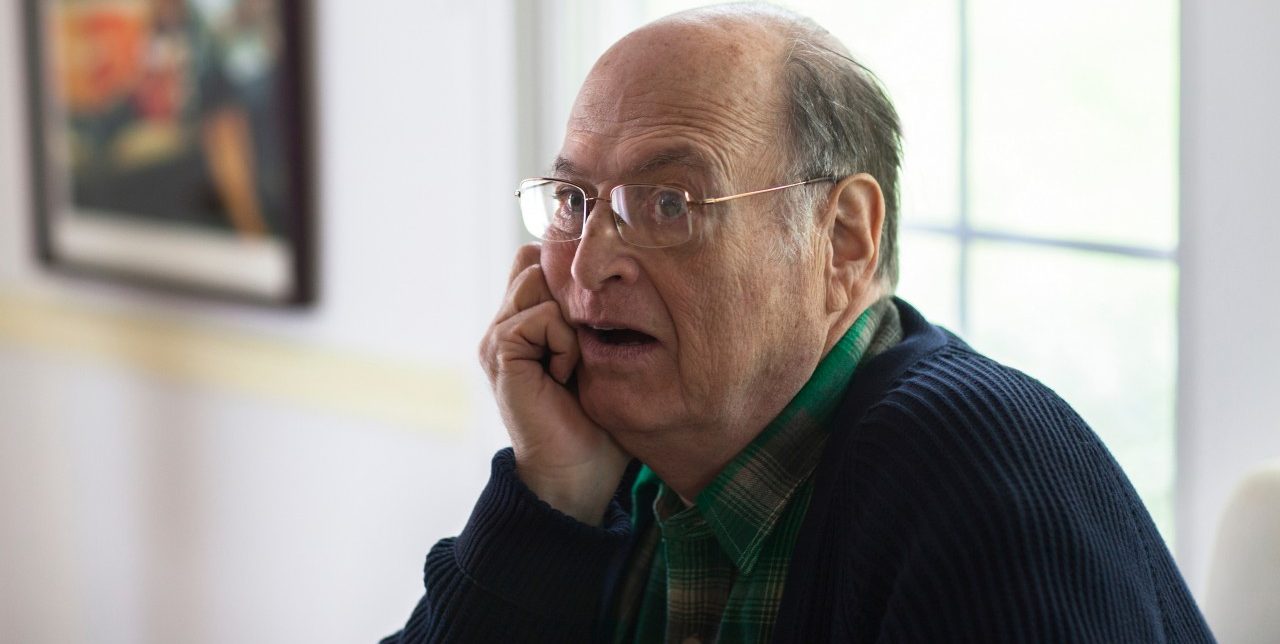Doctors Should Reduce Some Medicines in Seniors

Instead of benefiting elderly patients, certain drugs can cause falls, confusion, and even death.
If your blood glucose level is too high or your blood pressure is soaring, odds are your doctor will prescribe drugs for these conditions. And that’s good medical practice — for most people.
However, in people who are 70 and older, drugs that dramatically reduce blood pressure and sugar levels can cause dangerous side effects, including dizziness, falls, confusions, and even an increased risk of death. Two studies by University of Michigan Medical School and VA Ann Arbor Healthcare System researchers conclude stopping or reducing these medications in seniors could be the best way to keep elders healthier longer.
“As physicians, we want to make sure patients get the care they need, but we should also avoid care that might harm them,” said Eve Kerr, MD, director of the VA Center for Clinical Management Research, who participated in both studies “If something is not likely to benefit them, but is likely to cause other problems, then we should pull back.”
YOU MIGHT ALSO LIKE: Exercise Can Reduce Falls and Fractures
In recent years, experts in geriatric issues have recommended doctors rethink aggressively treating elderly patients for above normal blood pressure and elevated blood sugar to avoid additional health woes caused by too much or unnecessary medications. However, when Kerr and colleagues investigated the records of nearly 400,000 older patients, focusing on those over 70 who were taking prescription drugs to control their blood sugar and blood pressure, they found few examples of healthcare providers actually reducing or stopping drugs in elders, even in patients who were likely to benefit by a change in medication doses.
In fact, according to the results of the study, only one in four elderly patients with well controlled blood sugar and blood pressure who were eligible to be placed on lower amounts of their medications ever had their prescription drugs adjusted.
What’s more, even the patients who were expected to live only a few more years and those with the lowest blood pressure and blood glucose levels were only slightly more likely than other patients to have their medication doses reduced.
University of Michigan research scientist Jeremy Sussman, MD, who headed the study, explained that doctors are taught that controlling high blood pressure and sugar levels over many years reduces the risk of stroke, heart attack, nerve damage, kidney failure, and other health problems. But they are not getting the message older patients need to be treated on a more personalized basis according to their specific needs.
If patients are 70 and older and have been taking prescribed drugs for diabetes or blood pressure for many years, they have probably gotten long-term health benefits from the treatments. But at their advanced age, the chance of a dangerous blood sugar or blood pressure dip goes up sharply, and the short-term risks can cancel out any benefits they may be getting from their medication doses, according to Sussman.
"Every guideline for physicians has detailed guidance for prescribing and stepping up or adding drugs to control these risk factors, and somewhere toward the end it says 'personalize treatment for older people,'" Sussman said. "But nowhere do they say actually stop medication in the oldest patients to avoid hypoglycemia or too-low blood pressure."
In related research, the University of Michigan and VA Ann Arbor Healthcare System team surveyed nearly 600 doctors in the VA health system to see if they would lessen aggressive drug treatment for a fictional 77-year-old man with diabetes and low blood sugar levels that put him at risk of hypoglycemia. A low blood sugar crisis, hypoglycemia can be caused by oral diabetes medications and result in dizziness, sleepiness, confusion, difficulty speaking, weakness, and other problems, according to the National Institute of Diabetes and Digestive and Kidney Diseases.
Although the VA system is actively encouraging doctors to de-intensify treatment that aggressively lowers blood sugar in the oldest patients, the research revealed only about half of the healthcare providers queried would change medication for the hypothetical elderly patient.
"Physicians are used to thinking about when to start medications, and if a patient isn't complaining and appears to be doing fine, stopping medications may not be first thing on their mind," said University of Michigan internist Tanner Caverly, MD, who headed the survey of primary care providers. "As we get more precise evidence about the degree of benefit and harm from using these medications, it's showing us that we need to dial back in some patients."
If you are a senior taking medications for diabetes or high blood pressure, or if you are someone helping care for an elder relative, don’t stop or change any prescribed drugs on your own. The researchers advise talking to the elder’s doctor to see if reducing medications is the right choice.
Updated:
April 07, 2020
Reviewed By:
Christopher Nystuen, MD, MBA